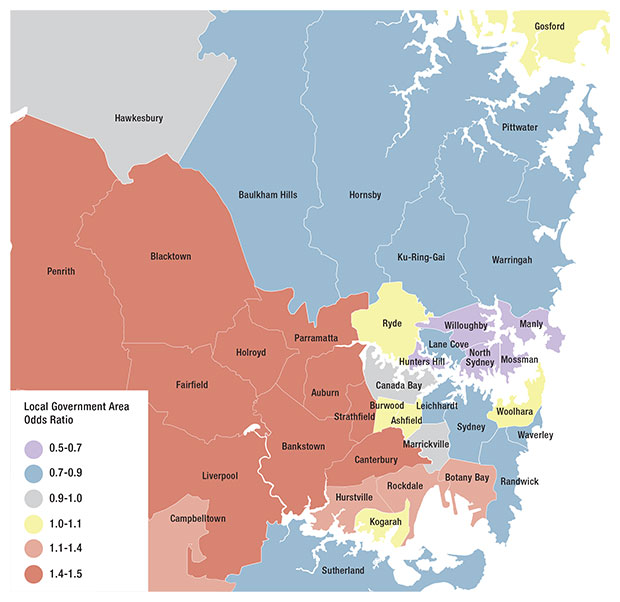
Our research combines an awareness of socioeconomic disparities in health with a sensitivity to the significance of culture and social context to the lived experience of health and illness and the effective management of chronic conditions. For this reason, we pursue participant-centered research methods, underlining migrants’ own conceptualisations of the origins and progression of their health conditions. This implies qualitative research methods, ranging from one-on-one interviews to larger workshops, as well as focus groups based on non-textual modalities of representation. Ultimately, we aim to build up a body of engaged participants so that we may work towards participant-led collaborative research.
Through these avenues, we have pursued a critique of extant approaches to multicultural health research that depend on the deficit model of cultures in difference, and our work has also highlighted the impacts on migrants of social isolation and the limits of predominant models of health communication (the health belief model). Currently, we are analysing accounts from our cohort of Arabic male participants, who are forced migrants from the Middle East and whose accounts implicate the trauma of migration with their development of chronic health problems.
–
–
–

